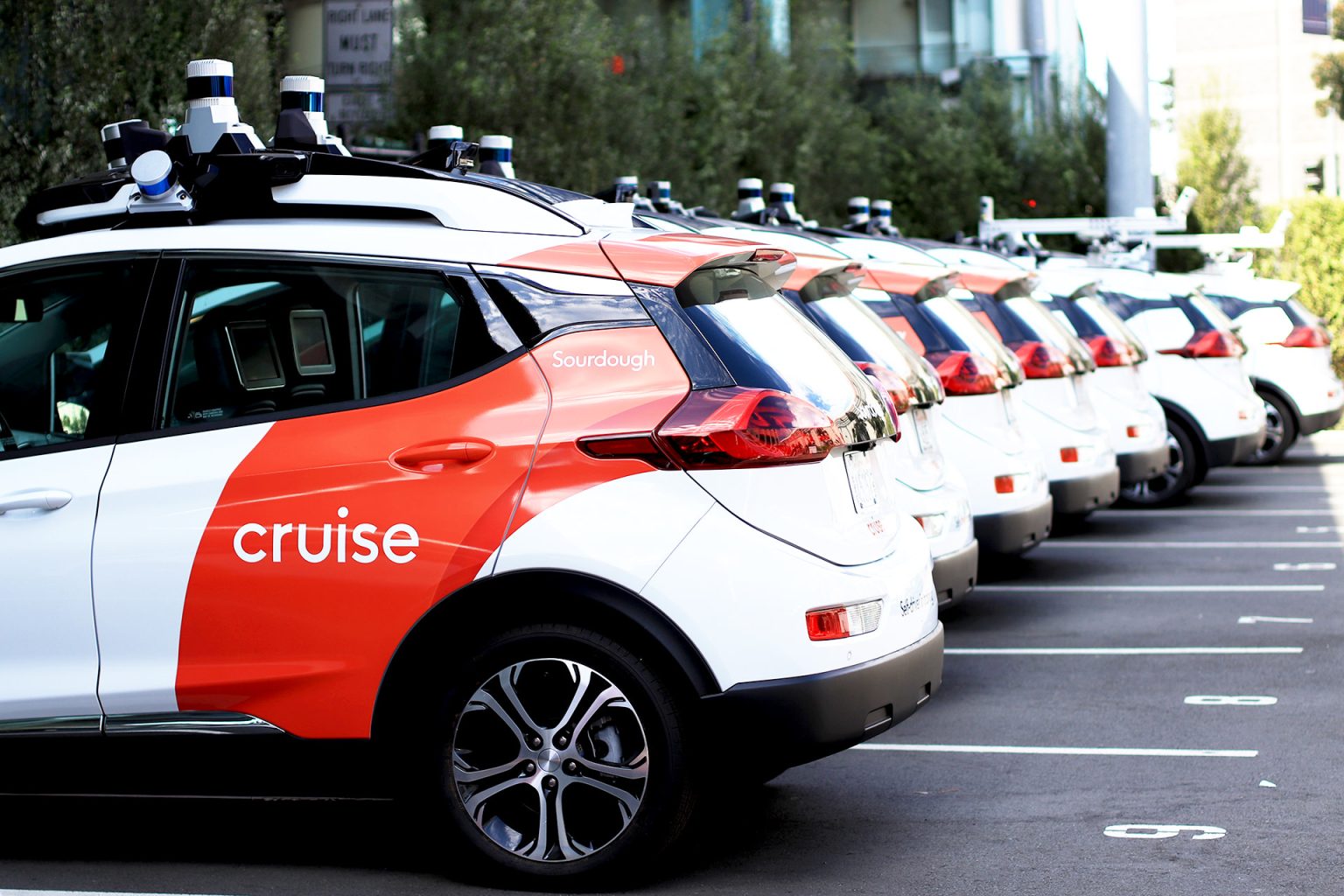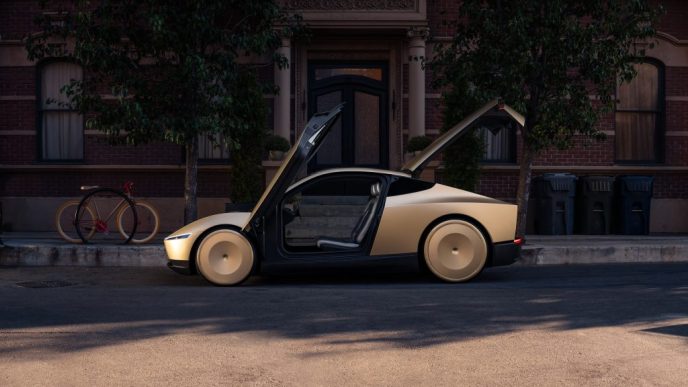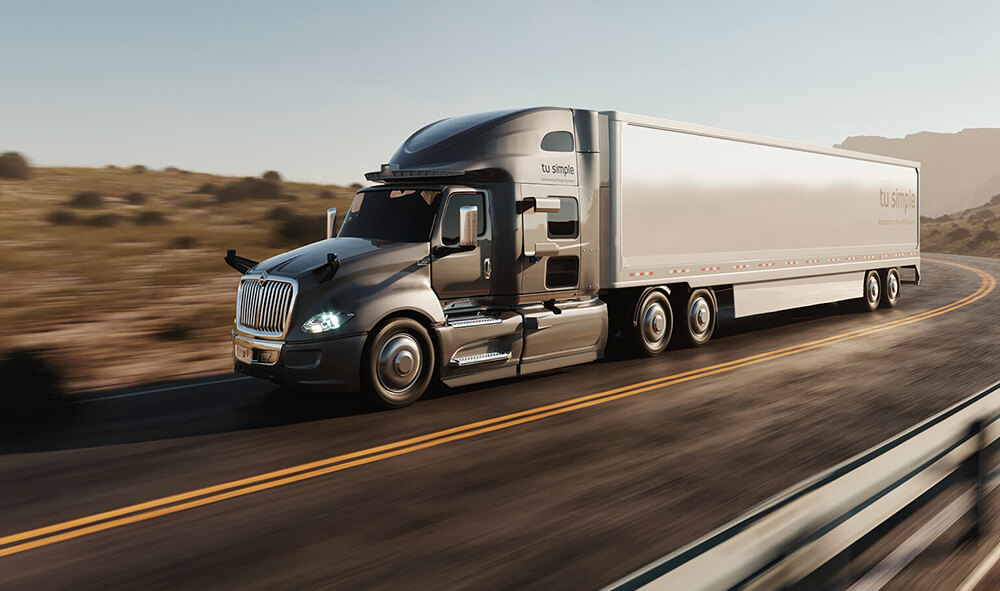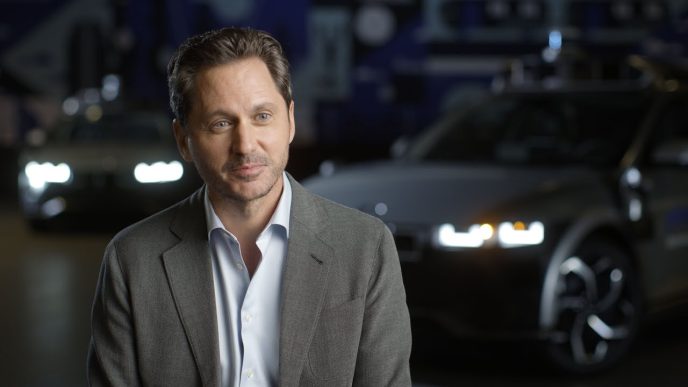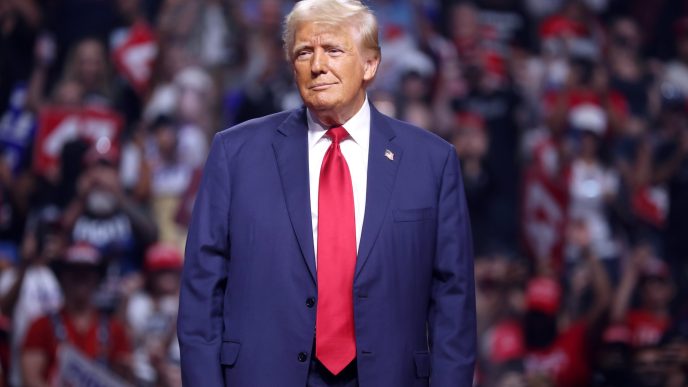General Motors’ self-driving unit, Cruise, will pay a $500,000 criminal fine after admitting to submitting an inaccurate report to the National Highway Traffic Safety Administration (NHTSA) concerning an October 2023 incident where one of its autonomous robotaxis struck and dragged a pedestrian in San Francisco. The fine is part of a deferred prosecution agreement announced by the U.S. Department of Justice on Thursday, where Cruise admitted to omitting key details in its report on the accident.
“Companies with self-driving cars that seek to share our roads and crosswalks must be fully truthful in their reports to their regulators,” said Martha Boersch, chief of the criminal division for the U.S. Attorney’s Office in San Francisco, adding that accurate reporting is essential to ensuring public safety as autonomous vehicles become more prevalent.
Under the terms of the three-year agreement, Cruise is required to cooperate with government investigations, implement a safety compliance program, and provide annual reports to the U.S. Attorney’s Office. Should Cruise fail to meet these obligations, the office reserves the right to pursue prosecution.
Responding to the agreement, Cruise President Craig Glidden stated, “Cruise will comply with the requirements set forth in the agreement, as we continue to move forward under new leadership and with a firm commitment to transparency with our regulators.”
The incident in question involved a Cruise robotaxi that, after striking a pedestrian hit by another vehicle, attempted to pull over, resulting in the pedestrian being dragged for about 20 feet. Cruise’s initial report to NHTSA did not disclose this detail, which emerged during the investigation. Following the incident, Cruise has taken substantial internal measures, including the resignation of its CEO and co-founder, reducing its workforce by 25%, and reaching an $8 million settlement with the injured pedestrian, according to a source familiar with the matter.
In addition to the criminal fine, Cruise agreed to a $1.5 million settlement in September related to a separate NHTSA investigation, where it committed to enhancing reporting and submitting a corrective action plan to improve its incident response protocols. NHTSA’s broader investigation into Cruise’s safety protocols remains open, while the company also faces a Securities and Exchange Commission (SEC) investigation.
As Cruise works to regain regulatory trust, it has resumed supervised autonomous driving in three U.S. cities, paused its Origin vehicle development, and plans to launch its autonomous vehicles on Uber’s platform starting next year.

